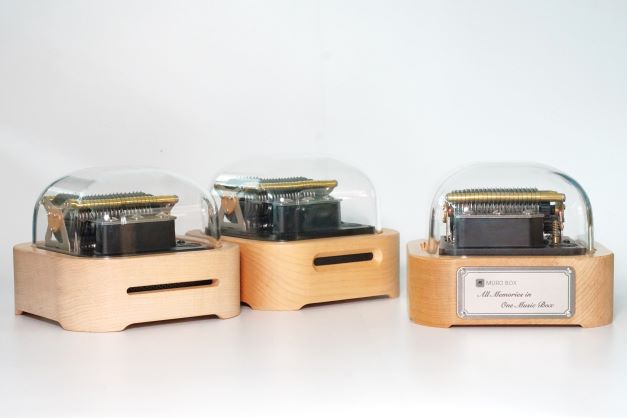Many people have wondered why my wife (Shiao-Chen Tsai) and I (Chen-Hsiang Feng) wanted to give up our stable life to start this music box project together. I want to share a bit of our journey and how we made this decision to innovate a music box.
Why We Invented "Muro Box"?
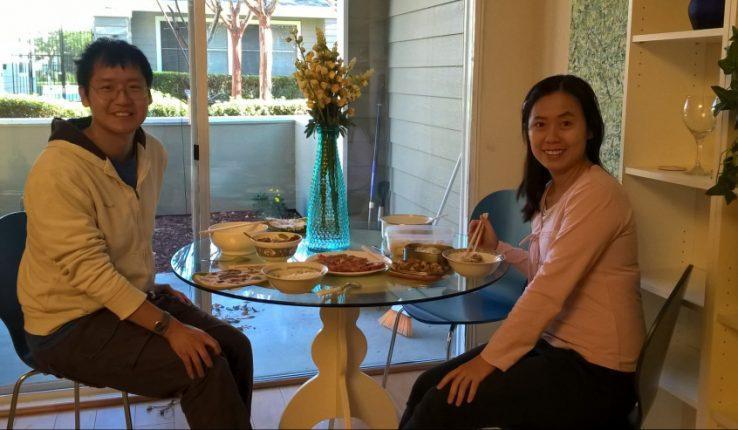
Our Startup Journey Started in the US
This journey starts off as i was fortunate enough to working in the headquarter of Intel in Silicon Valley as my first job. At that time, I did not know the meaning of a startup, and I was thrilled to work in a famous company like many people who were selected to work in the big companies. I used to work very closely with a senior colleague (Mr. Cheng) in Intel. He shared a lot of working experiences with me, including his adventures in other startup companies and how he battled against difficult situations. Compared to my stable 9 to 5 daily life, Mr. Cheng’s startup experiences were like the dramatic plots of a novel that piqued my curiosity.
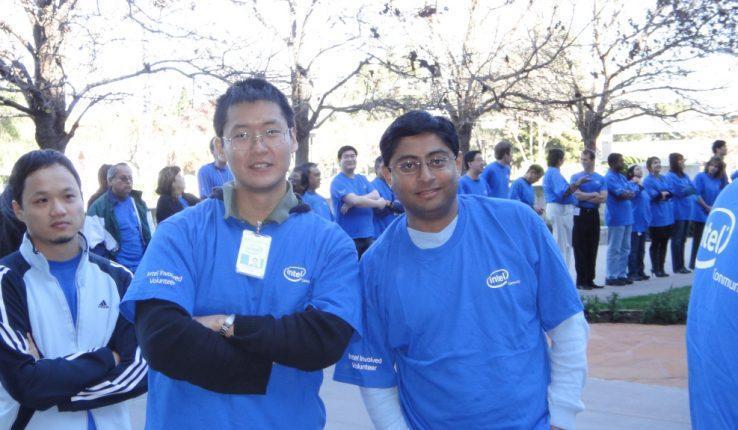
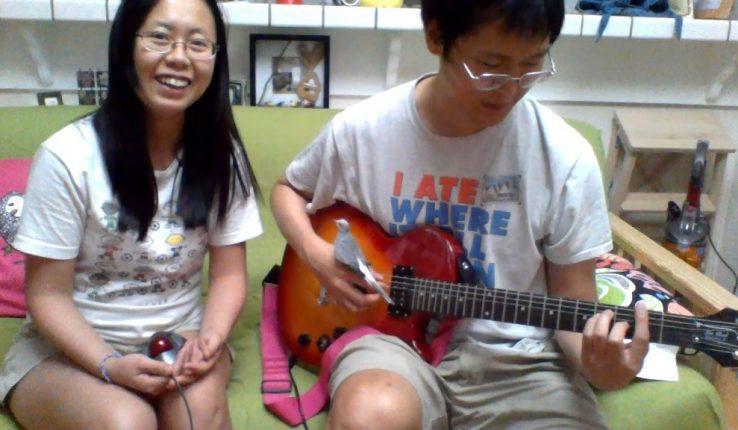
After I decided to leave Intel, I started to find a startup company from some Silicon Valley headhunters. I thought that I had some advantages on finding the next job because of my previous working experiences in Intel. In fact, it still took me two months in interviews until one startup company finally decided to hire me.
My First Working Experience in a Startup Company
This startup company (let’s call it “Company M”) was founded by a serial entrepreneur. He graduated from MIT and has founded three companies, and all of them have gone IPO. He was a perfect example of a startup superstar in Silicon Valley. Since he has mastered the methods of running startups, he was cruel to his employees. He would ask them to leave right away once he felt they could not contribute to his company. I had a deep impression that I saw colleagues leave every week before I could even remember their names.
Although I worked in a startup company, I often say that when I was in Intel, we did things in totally different ways. Of course, this inappropriate attitude caught my boss’ attention and I was put into a watchlist of employees about to be fired. Thanks to my working abilities in firmware design, my boss did not fire me immediately, and I was lucky enough to survive until I found the next job.
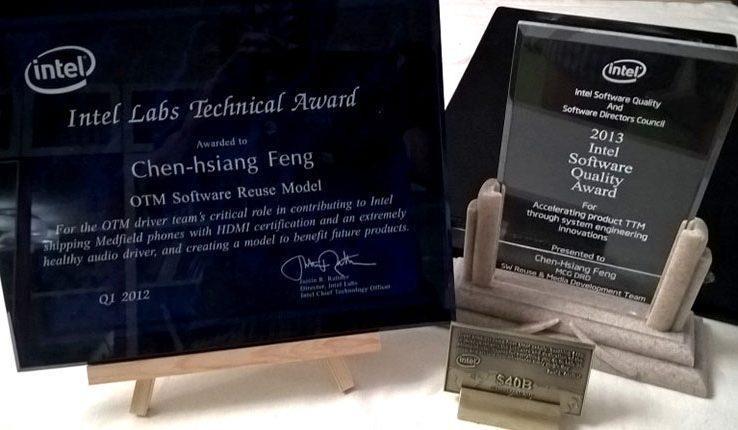
Expect a Stable Income While Doing My Own Startup
The next chapter of my story starts off with me being offered a new job by a medium size company with about 200 employees. Let’s call it Company S for now. My perfect plan at that time was to earn a stable income from Company S by working from 9 to 5, and then spend the whole night in my garage doing my own startup project: a smart toy game set with the use of NFC technology.
In reality, my schedule in Company S did not go according to my perfect plan. I was assigned to join the R&D team which was recognized as the last hope and busiest team in the company. Hence, I had to work overtime until almost midnight everyday with my manager. When I got back home, I only had very limited hours to work on my own startup. At that time I could only get three hours of sleep every night, and I felt I was going to die soon.
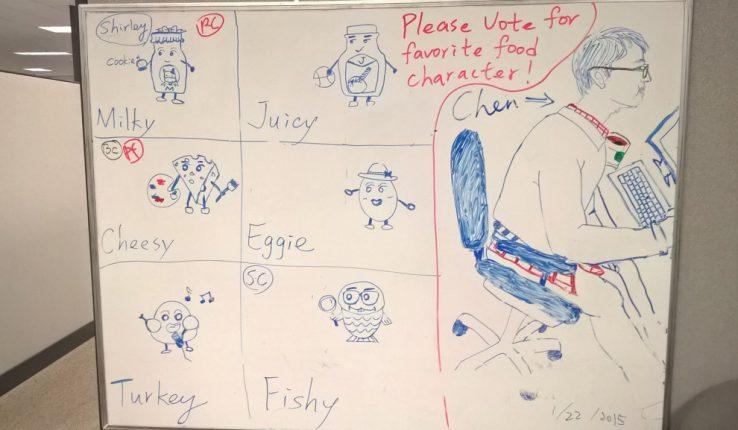
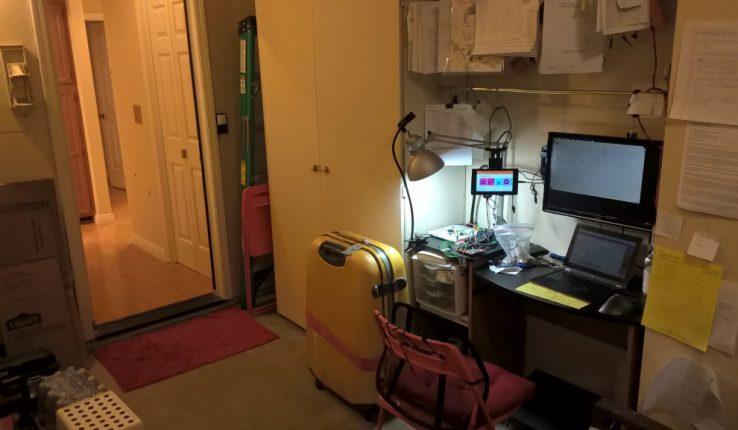
Little did I know that the solution to save me from breaking down was the news that Company S was sold to another company. I said goodbye to many colleagues who were laid off. I started asking myself “Is this God telling me I should quit my day time job and fully concentrate on my startup project?”
Our Decision to Move Back to Taiwan
Since I have decided to design a hardware with the use of IoT technology as my startup topic, I thought that moving back to Taiwan would be the right decision because of its rich resources in hardware manufacturing. Until now, I still think this is one of the best decisions I’ve made.
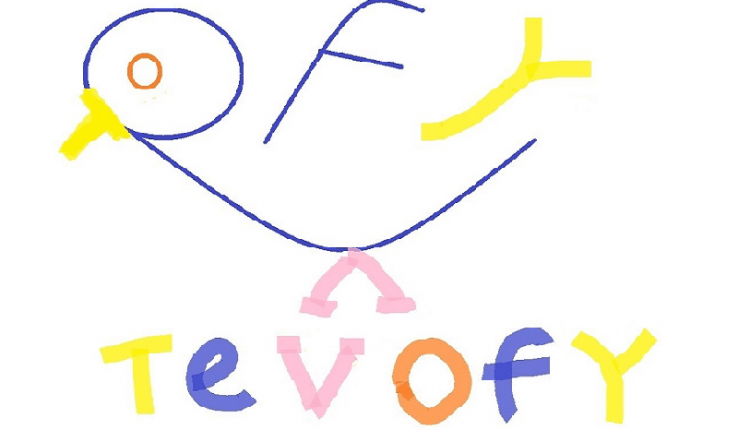

Moving back to Taiwan was a big decision. We had to say goodbye to everything familiar to us and sell our house in San Jose. Anyway, we finally found the buyer of our home and started our last road trip in the US. (In total, we already had four coast-to- coast road trips in the US.)
Almost Giving Up Our Startup Dream
We carried lots of memorable items and our lovely pet doves to start our road trip from California to Ohio (which was about 10 days of drive). Our destination, Ohio State, was to help my wife complete her doctoral degree sooner because she needed to meet her adviser regularly to shorten the review-and-revision process.
However, on the third day of our road trip, after saying good bye to our friend, Mark, who lived in Los Angeles, our pet dove, JuJu died of car sickness. At that saddest moment, we blamed ourselves for the death of JuJu. Then, we drove 6 hours to come back to our empty home in San Jose, CA. We even told our agent to stop the selling procedure of our home.
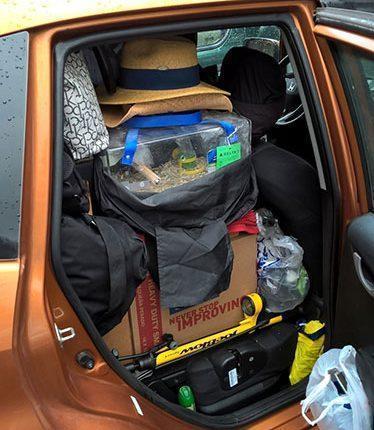
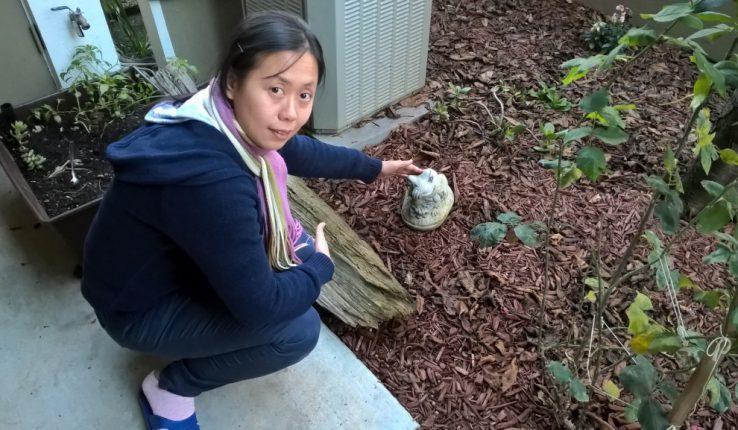
When lying in our empty bedroom, I stared at the ceiling and reflected on our days in this home. It felt like I traveled back in time to the first night I got here as an international student. I flipped back and forth on the hard floor till the next morning, and my back pain woke me up from the sadness. I finally realized the fact that the death of JuJu is sad news, but it is not caused by our startup decision. We should continue on our journey with JuJu’s spirit alongside us. Then, we returned the key to our realtor and continued our crazy startup journey.
Our Startup Journey in Taiwan
When we arrived in Taiwan, I started to search for factories who may be interested in making our ideal smart toy game sets, our original startup topic. You might be wondering why we gave up on this smart toy project? The primary reason for giving up the smart toy project was that we recognize a fundamental problem of this direction. No matter how we design the smart toys, they eventually lead to kids playing their iPads or smartphones. We both know that letting kids use electronic devices at such an early age was a bad idea because it can cause negative effects on their mental and physical development.
The secondary reason was that we were shocked by the high cost of manufacturing for toys. Until we visited the factories for the first time, we did not realize that designing a toy for mass production was not as easy as we expected. Therefore, we decided to search for a new topic.
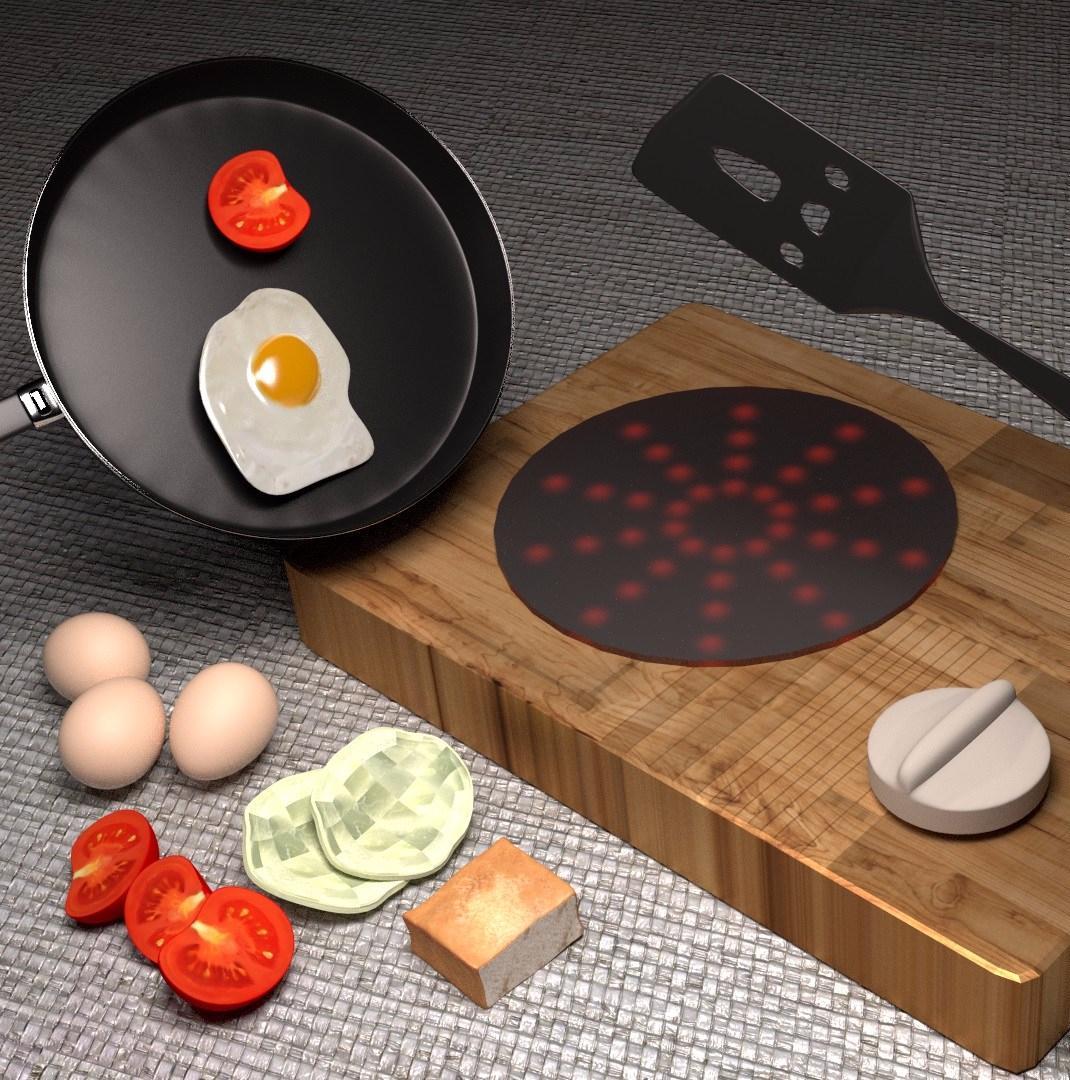
The Inspiration of Muro Box
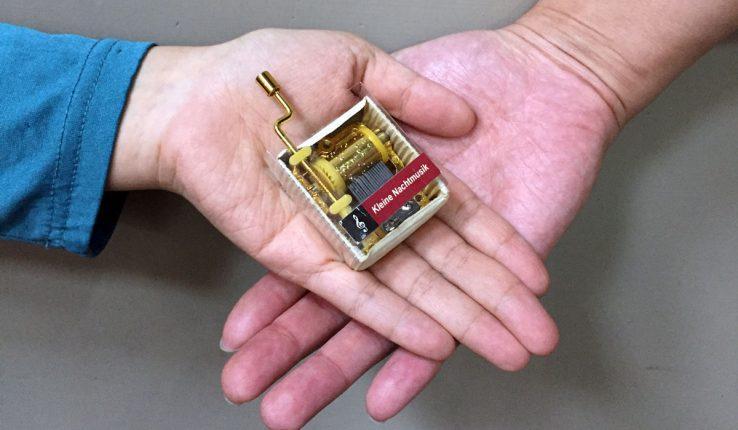
Back when my wife and I were exchange students studying in Austria, she bought a tiny music box which could only repeat a segment of Mozart’s Eline Kleine Nachtmusik. It was quite meaningful to both of us as it resembles the memory of us meeting each other for the first time. To our surprise, this meaningful music box was found in our garage, and it was hidden back there for more than 10 years.
When my wife found it from our garage, she said to me, “it would be nice if this music box could play the song of our shared memory, such as the song we’ve sung together in our wedding ceremony, and then we can play it more often and recall the memories of how we met each other.”
Her comment gave me the inspiration that I should find a way to let a mechanical music box change its melodies easily so that people can upload their favorite melodies to preserve their precious memories in different stages of life.
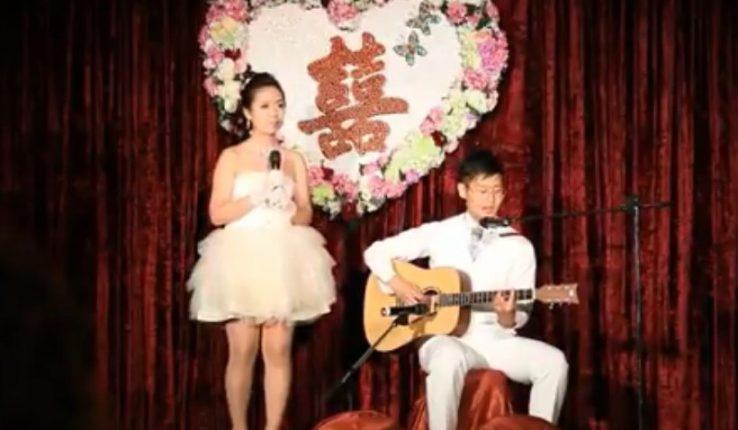
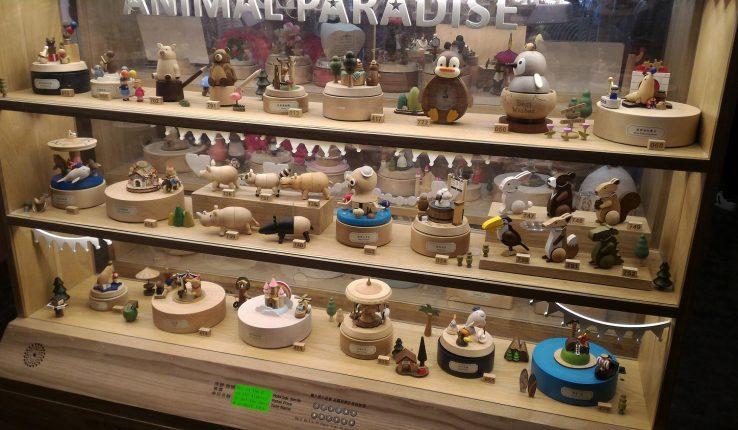
Our Market Research in the Early Stage
I visited a lot of art work exhibits, including the place where the most creative handmade works were displayed, Taipei New Horizon.
At that time, I noticed that there were three music box stores in Taipei New Horizon. When I looked at those music boxes, I found that they were all mechanical music boxes without using any electricity. My expertise is electrical engineering, and my intuition told me that there is an opportunity for innovating a music box with IoT (Internet of Things) technology. In addition, the density of music box stores in this area also showed that the music box industry has its own market in Taiwan. Therefore, I decided that my new startup topic should be an app-controlled mechanical music box.
Meeting the Manufacturer of Traditional Music Boxes
From the website of Wooderful Life music box, I found the only manufacturer of traditional music boxes in Taiwan: Kyooh Precision Industry Co. Ltd. I hope that their production experience in producing mechanical music boxes will help me design my Muro Box.
When I visited it for the first time, my father went there with me. I still remember the first time going there, the vice manager, Mr. Huang (now retired), was so confused why a young man and old man would want to visit their company and factory. This curiosity was the reason he opened the door and invited us in for a talk in the office. If I did not come with my father, he may think that I am just a common salesperson, and he would have probably rejected me right at the door step.
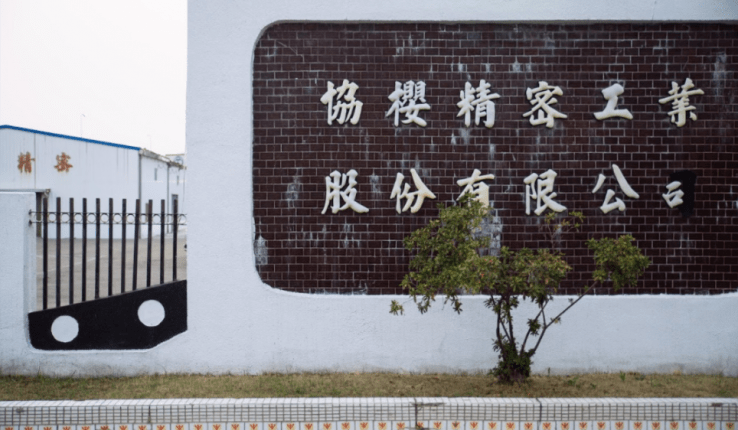
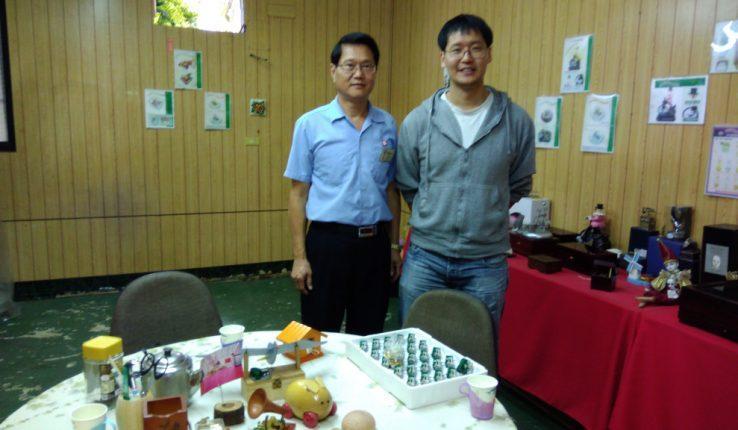
In this meeting, Mr. Huang suggested that I do more research on my target market because he understood that introducing a new idea and model into the music box industry is not as easy as I had thought. He didn’t want to see me waste a lot of money and time going in the wrong direction.
He also gave me a box of 25 traditional music box movements so I could DIY some music boxes and test the market. These movements can only play the well-known Japanese melody “Castle in the Sky” (天空の城ラピュタ), originally composed by Joe Hisaishi.
Looking back on my product development journey, I’m very grateful for Mr. Huang’s support during those early stages. Without him, I would never have received technical support from this 40-year-old factory when designing the prototype of the Muro Box.
Are you curious about the music box featured in the story? What does a music box built with modern technology actually look like? In fact, this is just the beginning of the journey. It took us another five years to refine the Muro Box to a level of quality that our customers truly recognize and appreciate.
The current N20 Standard model available in our store already features the latest N20 design. You’re welcome to continue reading about how we developed the music box mechanism from the ground up. But if you can’t wait to discover what makes the Muro Box smart music box so special, feel free to visit our shop and see how our music has touched the hearts of users and music box lovers in over 50 countries around the world.
